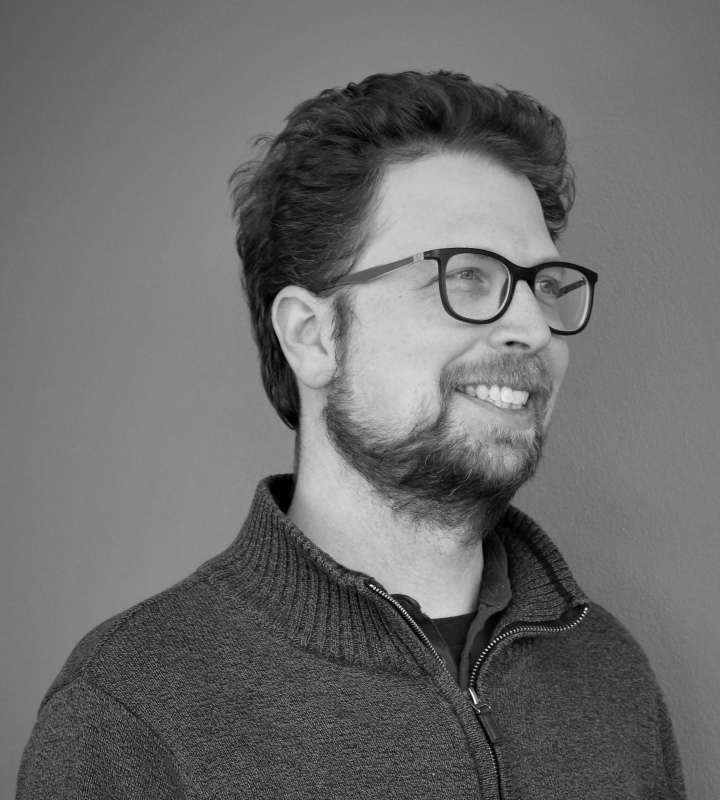Gidon Felsen is an Associate Professor in the Department of Physiology and Biophysics, and Associate Faculty in the Center for Bioethics and Humanities, at the University of Colorado School of Medicine. He is interested in decision making at multiple levels, including its underlying neural circuits as well as public policies designed to influence decisions. His basic research focuses on how the nervous system makes and acts upon decisions using electrophysiological, behavioral, pharmacological, molecular, and computational approaches. He is interested in how these processes occur in the normal brain, as well as how they are affected by pathological conditions.
Dr. Felsen’s bioethics research focuses on applying neuroscience to interrelated ethical and philosophical questions. For example, how can neuroscience contribute to our conception of autonomous decision making? How can neuroscience inform public policies that aim to improve societal outcomes by influencing individual decision making, as well as the ethics of such policies? What are the limitations of translating findings from neuroscience to these and other fields? His collaborations and interactions with members of the Greenwall Faculty Scholars community and other colleagues in ethics and philosophy have been instrumental in addressing these interdisciplinary questions.
Dr. Felsen is a member of the Society for Neuroscience, the American Physiological Society and the International Neuroethics Society.
For more information, visit: https://medschool.cuanschutz.edu/physiology/faculty/gidon-felsen-phd
